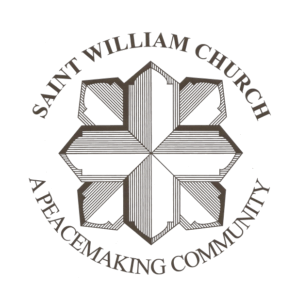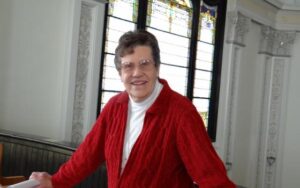Checking in from Chiapas, Mexico

This week marks a month since I set off on a synod-inspired pilgrimage, dragging my family in tow. We spent 11 of the past 30 days journeying together with the vibrant people connected with Misión de Bachajón, a Jesuit Mission of over 60 years accompanying hundreds of Tseltal indigenous communities across a vast territory in the mountains of Chiapas, in the southernmost state of Mexico.
Steven Pitts, SJ was a generous ambassador, ushering us to the Mission in Chilón and orienting us to the region. (He also happens to be in community with Fr. Warren Sazama, the Jesuit whose steadfast support has helped Discerning Deacons have an institutional home in the parish of St. Thomas More Parish in St. Paul, Minnesota.)
We celebrated the feast of St. Ignatius at Yomol A’tel the headquarters of an innovative worker cooperative of coffee farmers, honey-makers and artisanal soap and crafts makers. The co-op grew out of the Church’s work of

accompaniment, and was a creative response to the challenges of economic sustainability, care of the earth, and communal sovereignty. So, while St. Ignatius is not traditionally a patron saint in this area, we gathered together with the Jesuit Community and those inspired by Jesuit Spirituality who seek to live their vocation in a spirit of humility, courage, and prophetic action. There was a telling about his life and we spent time in shared contemplative prayer with a guided examen. We paused in remembrance of two priests murdered this June. And a few days later we walked through the streets of one of the communities connected to the Mision, as part of a month-long witness for peace held across the country in protest of violence and an outcry for greater government response to address root causes.
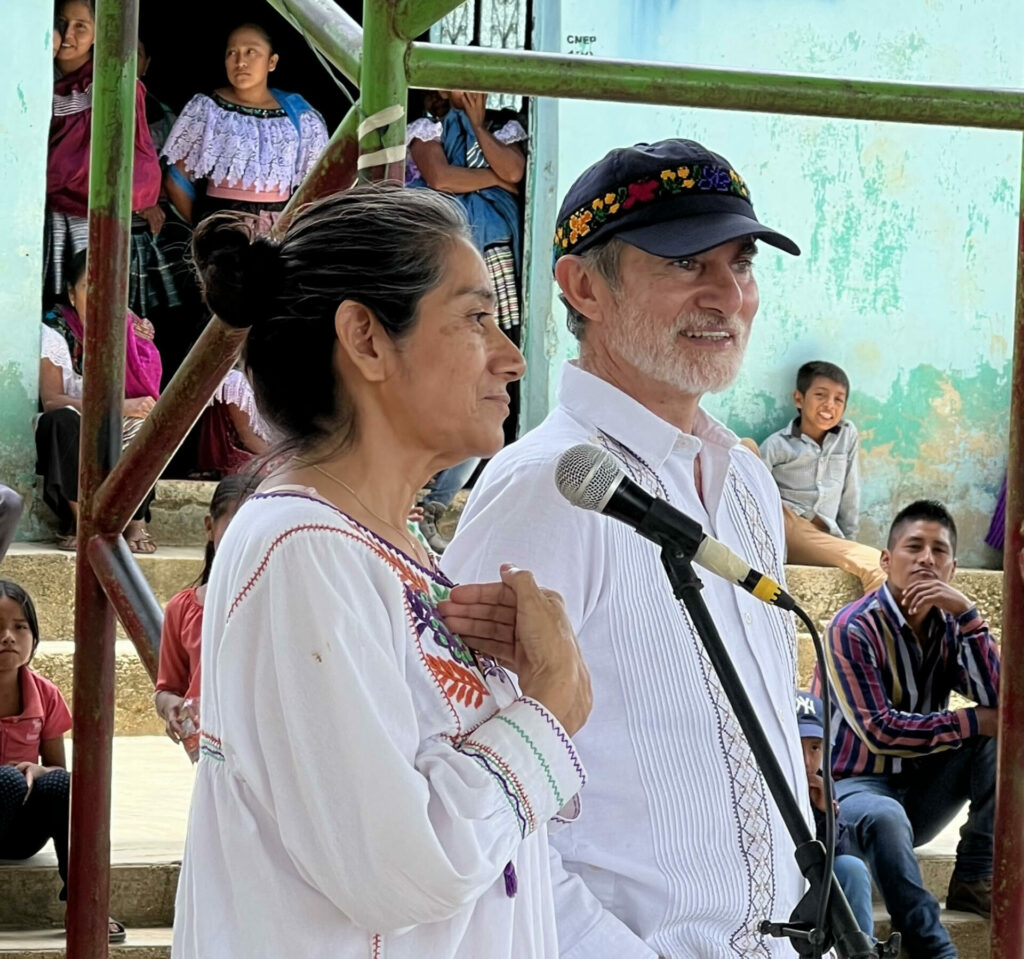
The Mission serves communities as far as 4 hours from each other. But riding along dirt roads for hours was an easy journey as Padre Pepe and Hermana Marisela shared stories of organizing for peace, accompanying farmers in their struggle to win back rights to their land, the work of pastoral ministry, and the growth of the indigenous permanent diaconate program.
They introduced me to the figure of Bishop Samuel Ruiz. Indeed – Learning about Bishop Ruiz is one of the gifts of this first month here. A prophetic bishop who led the diocese for 40 years, he was a participant in Vatican II and a leader who consistently put the option for the poor at the heart and soul of the Church’s work and life. At the point of his appointment as bishop in 1959, 78% of the diocese was indigenous, and
spoke no less than 5 different languages. While he’s famous on the international stage for helping to broker an agreement between the Zapatistas and the Mexican government in 1994 – he also supported the development of a robust ministry dedicated to walking with women.
I love this early 2000s talk that was wisely recorded for posterity, it’s titled “The Pursuit of Justice from the Perspective of the Poor.”
This ministry –called the Coordinación y Dirección de Mujeres -Coordination and Direction of Women- (CODIMUJ)– is a center of pastoral leadership for thousands of women across the diocese. I had a chance to meet with their team in their beautiful, dedicated space. Here women are able to gather (there are dormitories so people can spend a few days after a long journey). Through assemblies they identify and set their priorities for pastoral care and social action, and have the opportunity to go deeper in their own faith formation through workshops, theological coursework, and bible study.
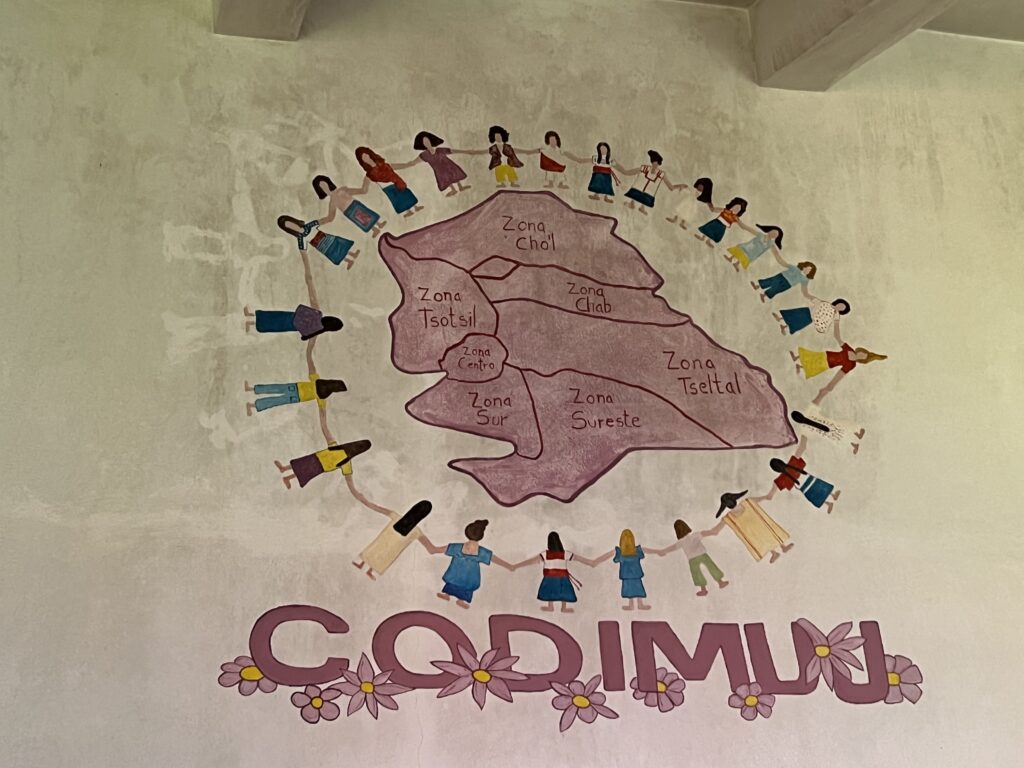
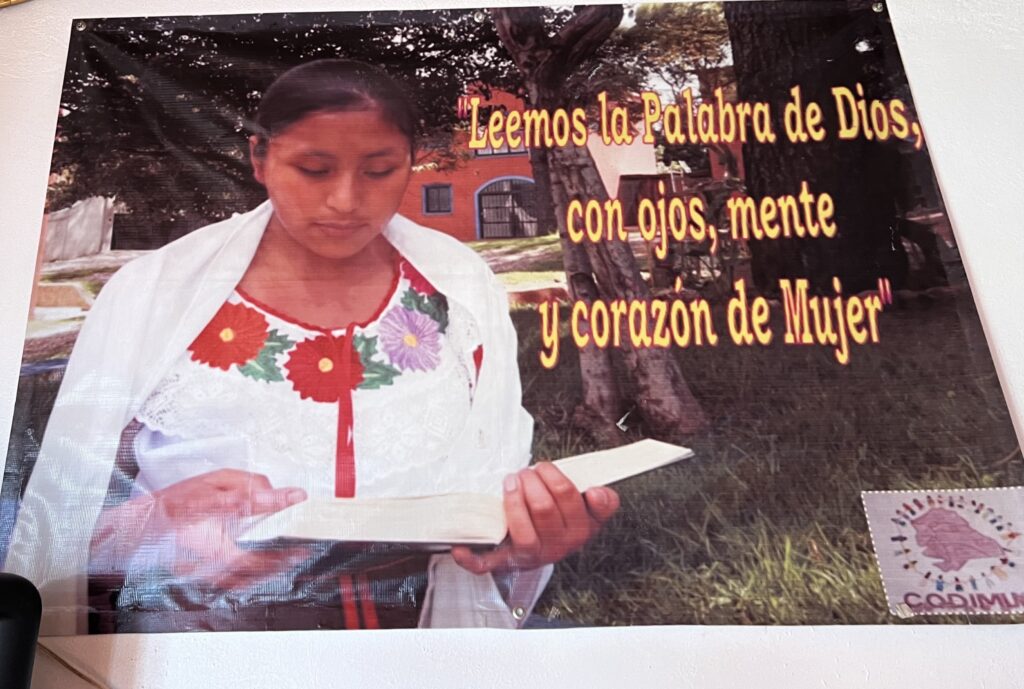
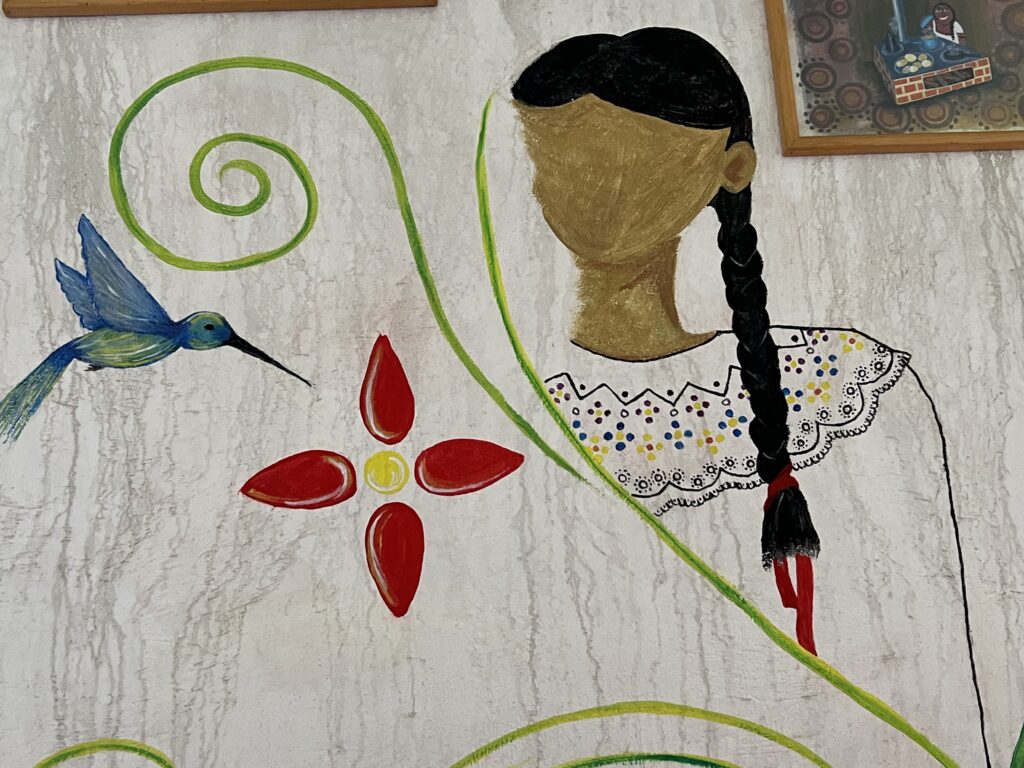
One potent story shared from the team at CODIMUJ spoke of the impact of returning to the sources, and engaging with overlooked figures in Scripture and tradition. When one participant returned home, her pastor spoke in his homily about how Mary Magdalene was a prostitute. This woman’s hand shot up – fully prepared to help correct him – No está en la Biblia, Padre. (it’s not in the Bible, Father) She is the apostle to the apostles!
Encountering the Source: Synodality in motion for decades in San Cristobal
There has been a constant practice of synodality that extends into so many aspects of how the Church genuinely walks with and as a people of God –through ongoing practices of gathering, prayer, and a rigorous reading of the social-political-economic reality that is facing the people. It is in light of the good news of the Gospel that people then turn to face honestly the forces that are dealing death in communities, and craft ways to walk together prophetically in a way of peace – to assert the dignity, especially of those who are being cast aside or whose lives are under threat.
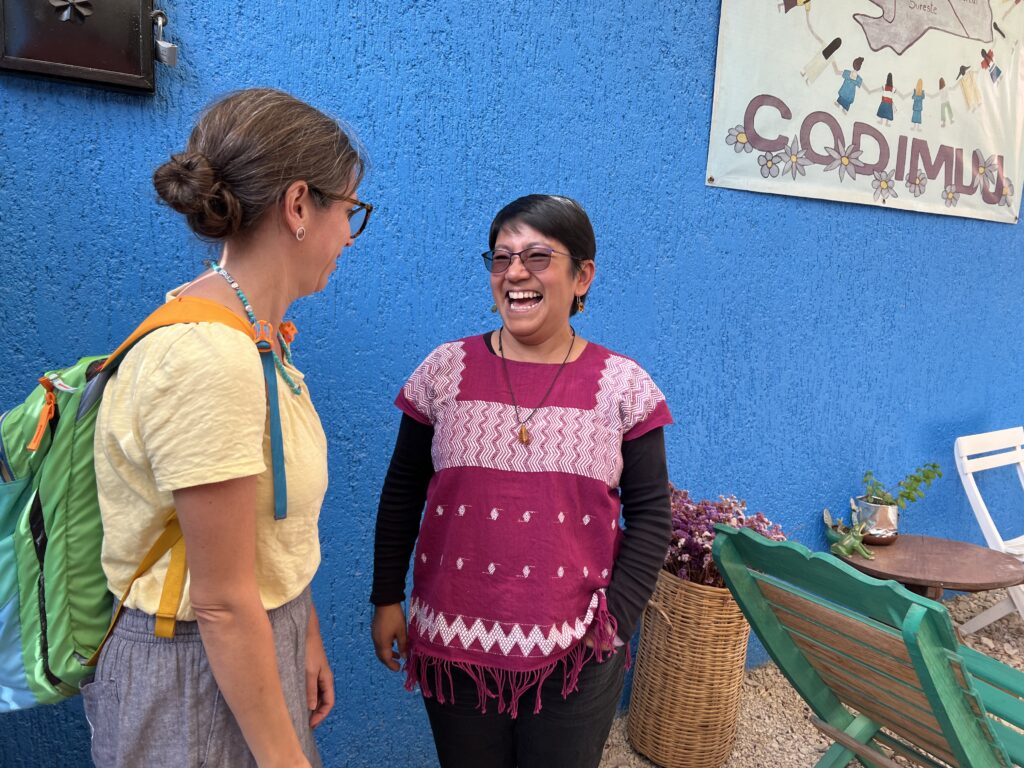
Rafael Luciani in his book “Synodality” points to several living examples in Latin America that offer a kind of source for what the “synodalization” of the Church can look like – structurally, spiritually, collegially, practically, pastorally. Here in San Cristobal, it is exactly through decades of commitment to being most accountable to the poor and to the struggles people face that the practices of synodality have been strengthened over time. It is what led to the election of the first woman to serve as Pastoral Vicar for the diocese… the only one woman in such a role in all of Mexico.
What about the diaconate?
There is so much to share about the way in which the diaconal ministry is exercised (and much I still have to learn). What I’m noticing is not unlike what would be true in the United States – the diaconate varies based on local context. For example in the Misión de Bachajón, where they celebrate an inculturated liturgical rite in the local language of Tseltal, there was an intentional development of an indigenous permanent diaconate program. Couples were called into this “cargo” or “charge” – that is, responsibility, by and for their communities. Couples journey together in years of formation to grow in their literacy, pastoral and theological formation, and preparation to serve their communities with a lifelong commitment. Deacon couples we met were incredibly humble, but were also clearly recognized as key leaders. They represent the Church locally as they celebrate liturgies of the word and preside at local liturgical celebrations and feasts; and they are called upon to lift up the concerns of the community with regards to pastoral priorities, as well as economic and political issues that were most pressing to the people. Ministering together is one way that women’s voices can be brought forward and made more visible. The deacon couple works as a team, accompanying their people in their sadness and in their joys.
We’ve been humbled by the warm welcome we’ve received as a family in liturgical celebrations, communal gatherings, in households, and in dialogue about synodality, women’s roles, history, regional politics, and the vitality of the People of God keeping the faith through it all.
While the distance of language and culture and social location can often feel insurmountable – the grace of this past month has been in seeing and experiencing moments of profound communion. As when we gathered

to celebrate the life of San Ignacio de Loyola, telling about his life and spending time in shared contemplative prayer as we walked through an examen.
Here we were sharing together in a faith, a hope, and a love that enlarges hearts and indeed draws us all into ever greater communion together with our Creator.
